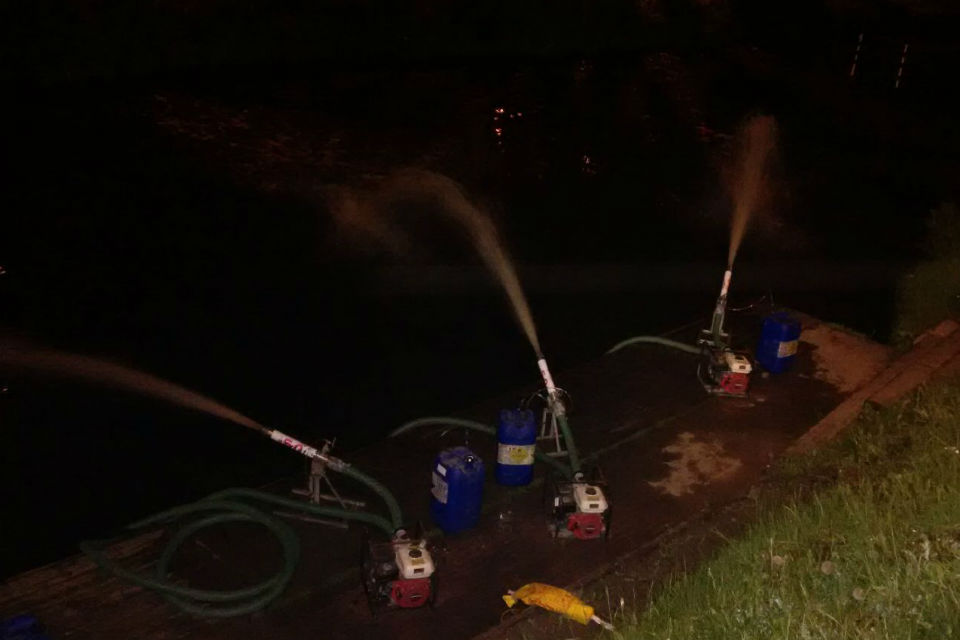Evonik and Huber Silica are both manufacturers of speciality chemicals, including precipitated silica. This is used to make products such as toothpaste, paper, animal feed, tyres and shoe soles, but also in defoamers (anti-foam agents used in industrial processes), paints and coatings.
The Commission’s investigation concluded that the transaction, as notified, raised competition concerns in the markets for: (i) precipitated silica for toothpaste and for defoamer applications; and (ii) hydrophobic precipitated silica, which is used in several products including defoamers, paints, coatings, food and feed additives. This is notably due to the relatively high combined market shares of the merged entity and the limited number of alternative suppliers in each of these markets.
The proposed remedies
To address the competition concerns, Evonik and Huber Silica offered to divest the following activities:
- Evonik’s precipitated silica business for dental applications in Europe, Middle East and Africa;
- Huber Silica’s precipitated silica business for defoamer applications in the European Economic Area (EEA); and
- Huber Silica’s hydrophobic precipitated silica business in the EEA.
The divestment includes the full transfer of the production technology to a suitable purchaser’s production facilities. During the transfer, the parties commit to provide the purchaser with full technical support and a transitional supply agreement.
To ensure the success of the production transfer and the effectiveness of the commitments, the purchaser of the assets needs to be an established producer of precipitated silica with an existing market presence in the EEA.
These commitments fully address the Commission’s competition concerns.
The Commission therefore concluded that the proposed merger, as modified by the commitments, would no longer raise competition concerns. The decision is conditional upon full compliance with the commitments.
Companies and products
Evonik, of Germany, is active in the production and marketing of speciality chemicals.
Huber Silica, of the US, is part of Huber which is active in speciality chemicals and minerals, hydrocolloids and engineered woods as well as timber management.
Merger control rules and procedures
The transaction was originally notified to the Commission on 27 April 2017.
The Commission has the duty to assess mergers and acquisitions involving companies with a turnover above certain thresholds (see Article 1 of the Merger Regulation) and to prevent concentrations that would significantly impede effective competition in the EEA or any substantial part of it.
The vast majority of notified mergers do not pose competition problems and are cleared after a routine review. From the moment a transaction is notified, the Commission generally has a total of 25 working days to decide whether to grant approval (Phase I) or to start an in-depth investigation (Phase II). This deadline is extended to 35 working days in cases where remedies are submitted by the parties, as in this case.
More information will be available on the Commission’s competition website, in the Commission’s public case register under the case number M.8348.

